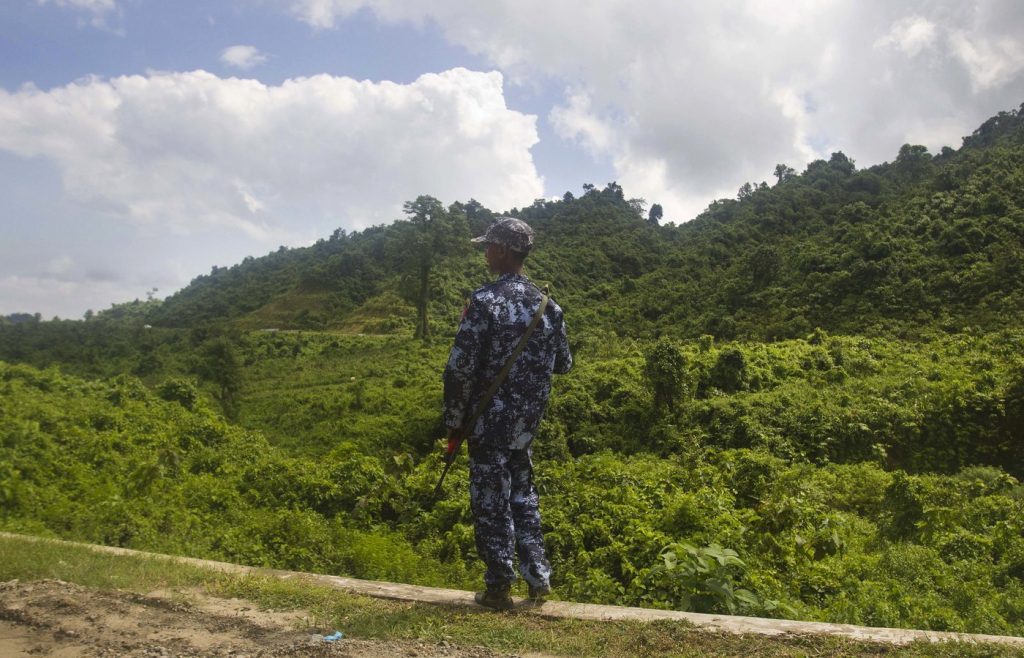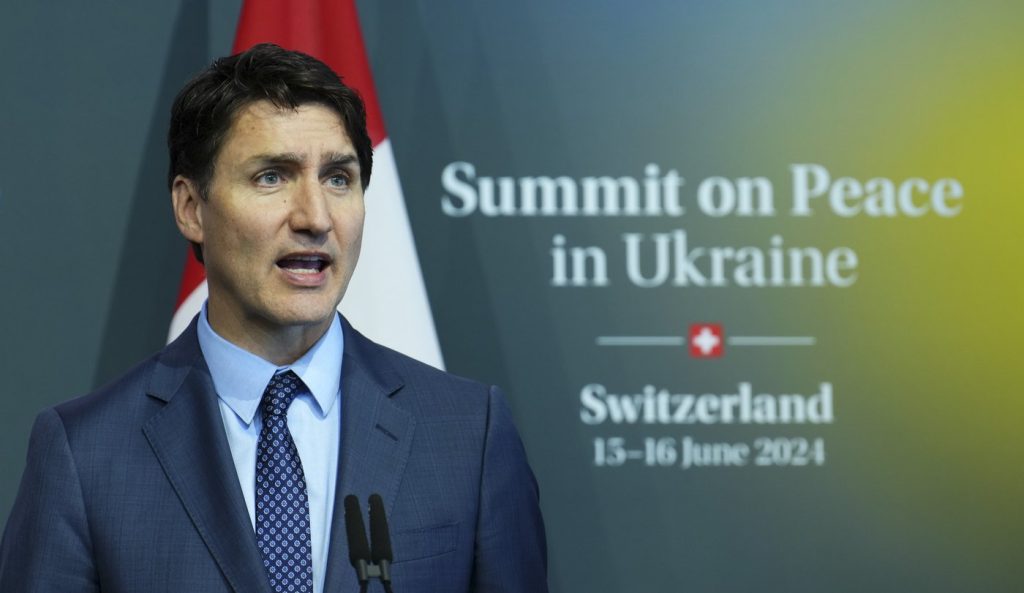UN human rights office decries beheadings, other violence in Myanmar’s Rakhine state

Posted May 24, 2024 08:59:30 AM.
Last Updated May 24, 2024 12:31:52 PM.
GENEVA (AP) — The U.N. human rights office warned Friday of “frightening and disturbing reports” about the impact of new violence in Myanmar’s western state of Rakhine, pointing to new attacks on Rohingya civilians by the military and an ethnic armed group fighting it.
Spokesperson Liz Throssell of the office of the U.N. High Commissioner for Human Rights cited the burning of the town of Buthidaung, as well as air strikes, reports of shootings at unarmed fleeing villagers, beheadings and disappearances as part of the violence in the northern part of Rakhine in recent weeks.
“We are receiving frightening and disturbing reports from northern Rakhine state in Myanmar of the impacts of the conflict on civilian lives and property,” she told a regular briefing in Geneva. “Some of the most serious allegations concern incidents of killing of Rohingya civilians and the burning of their property.”
She said tens of thousands of civilians have been displaced in recent days amid fighting in Buthidaung, citing evidence from satellite images, testimonies and online video indicating that the town has been largely burned. A battle begun in neighboring Maungdaw presented “clear and present risks of a serious expansion of violence,” she added.
Throssell denounced signs of new attacks on Rohingya civilians by Myanmar’s military and the Arakan Army, the well-armed military wing of the Rakhine ethnic minority movement that seeks autonomy from the central government.
She pointed to one survivor’s account about dozens of dead bodies as he fled Buthidaung, while others spoke of abuse and extortion from the Arakan Army forces.
A statement issued online late Friday by the United League of Arakan, the political arm of the Arakan Army, said civilians in the battle zone had taken refuge in areas controlled by its forces, adding that it “has been doing its utmost to safeguard and care for these Internally Displaced Persons (IDPs) as valued citizens, irrespective of race or religion.”
However, Rohingya activists have blamed the Arakan Army for most of the current destruction. The ethnic Rakhine nationalists whose cause the armed group espouses have long expressed antipathy towards the Rohingya.
The fighting comes in the context of a civil war in Myanmar that began after the army ousted the elected government of Aung San Suu Kyi, leading to an armed resistance opposing military rule.
The pro-democracy fighters are allied with several of the ethnic minority groups that have been fighting for greater autonomy for decades, and have well-trained military forces.
The Arakan Army had a loose cease-fire with the military government until last October, when it joined with two other ethnic armed groups to capture territory in northeastern Myanmar.
State Department spokesman Matthew Miller on Tuesday said the United States was “deeply troubled” by reports of increased violence in Rakhine state, and called on the military and armed groups to protect civilians and allow humanitarian access.
The Rohingya were the targets of a brutal counterinsurgency campaign incorporating rape and murder that saw an estimated 740,000 flee to neighboring Bangladesh as their villages were burned down by government troops in 2017.
They have lived in Myanmar for generations, but they are widely regarded by many in the country’s Buddhist majority, including members of the Rakhine minority, as having illegally migrated from Bangladesh. The Rohingya face a great amount of prejudice and are generally denied citizenship and other basic rights.
The Associated Press








